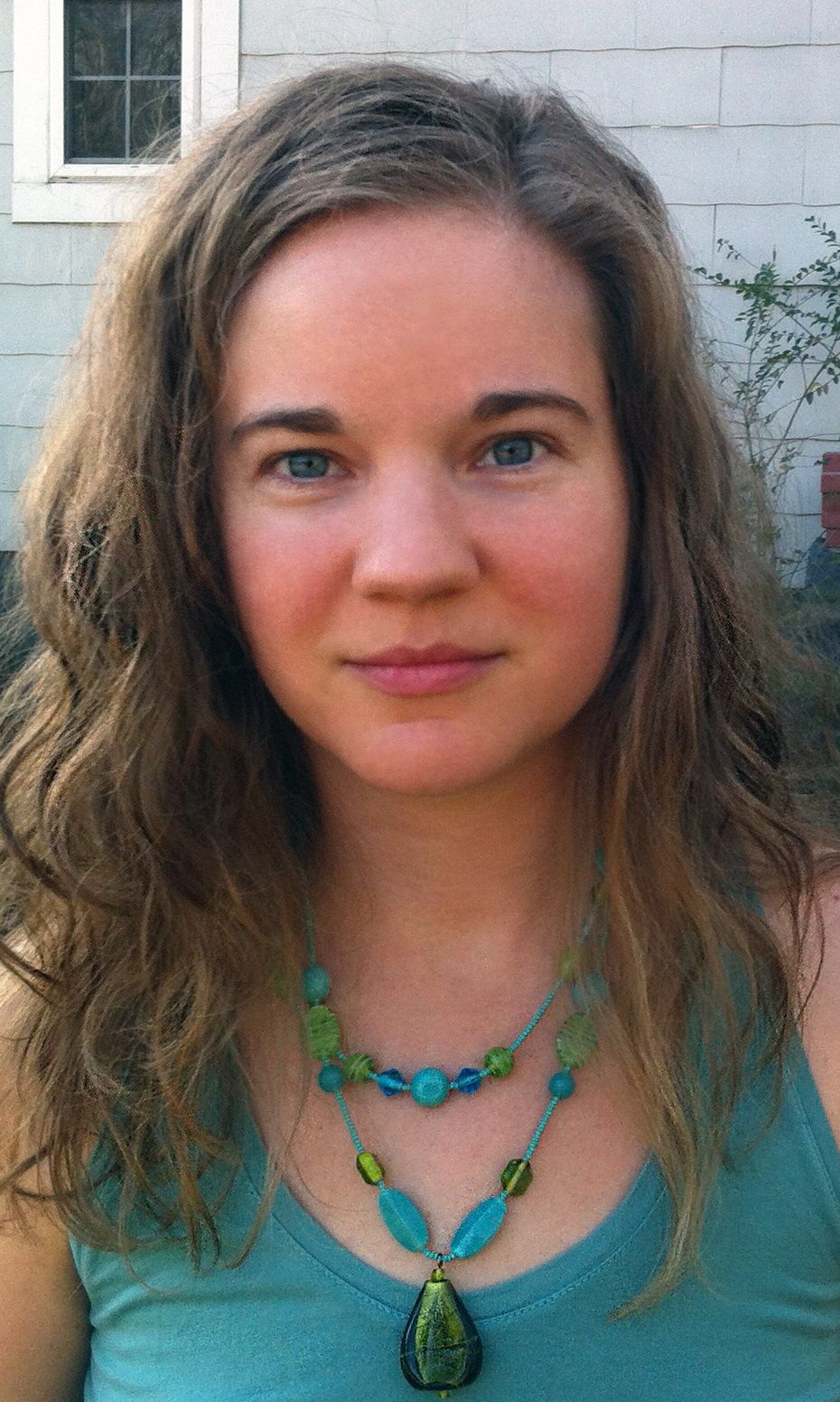For the tenth and final installment of this summer's Winners on Winning series, we spoke with Jessica Hollander, who won the 2013 Katherine Anne Porter Prize for Short Fiction for her debut story collection, In These Times the Home is a Tired Place. The annual prize includes $1,000 and publication by the University of North Texas Press. Originally from Ann Arbor, Michigan, Hollander received her MFA from the University of Alabama, where she currently teaches English, composition, and creative writing.
 How has winning this award impacted your career?
How has winning this award impacted your career?
The most exciting part about winning has been engaging with the larger writing community. Getting reviews and interviews and being invited to participate in readings and events is invigorating and has certainly gotten my writing more exposure. I’ve also received a handful of contacts from agents and editors, and I recently signed with an agent.
Has winning this award, or previous awards, changed the way you approach your work?
I think winning the award has reinvigorated my enthusiasm to experiment with short stories. I took risks in structure and language in this collection, and winning the award has encouraged me to continue to do so. There’s such a range of publishing opportunities for collections, so many small and university presses with varying aesthetics, so it’s not necessary to think about a mainstream market. I like taking risks from story to story and focusing on what’s exciting me about the writing.
Have you ever entered a contest that you didn't win?
I’ve entered tons of contests that I didn’t win. In These Times the Home is a Tired Place had been turned down by several contests and presses before winning the Katherine Anne Porter Prize. There are so many different aesthetics out there, so many different readers and judges, and there’s no way to predict who might love your work. It’s a lesson I learned when submitting to literary journals, when it would sometimes take a dozen tries before placing a piece. Not to mention I’ve disliked many books that received praise by others, and I’ve loved books that others have hated. Of course rejections still hurt enough that it can be hard to write for a day or two. I try to accept that disappointment is inevitable.
What advice would you offer to writers thinking of submitting to writing contests?
Don’t count on anything in this writing life, but throw your name in the hat as much as you can afford. I suggest first having your writing workshopped by experienced writers you trust, and it doesn’t hurt to get stories or novel excerpts published before sending full books to contests. These things can help you weather rejections better. Because the writing world is insanely competitive. My whole experience being a writer, from applying to graduate schools, getting published in magazines, winning contests, and now seeking tenure-track employment, has taught me to not be too emotionally invested in the outcome of anything. Getting published or winning a contest is the second most satisfying thing that can happen to a writer, but the most satisfying has to be writing itself.
To read more from winners, check out the previous weekly installments of our Winners on Winning series.
Photo: Jessica Hollander, credit Richard Mocarski.








Comments
Sinibaldi replied on Permalink
Radiante sueño.
En la dulzura
de un paseo,
en el claro
sonido que
recuerda el
color de la
mágica noche.
Francesco Sinibaldi